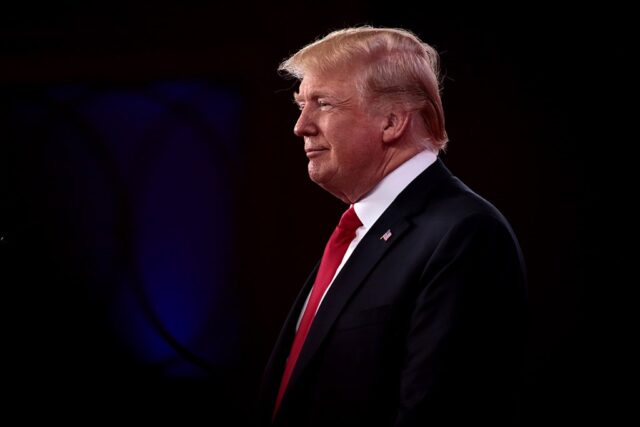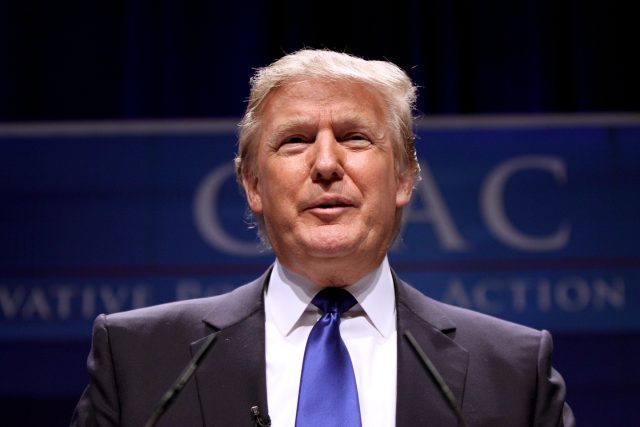Report: Stefanik In Contention For Trump Administration Role
Trump is hard at work crafting his new administration.
House GOP Conference Chairwoman Elise Stefanik (R-N.Y.) is in contention for a role in the new Trump administration, Fox News Digital is told.
She is now being discussed as a potential candidate for U.S. ambassador to the United Nations, two people familiar with such discussions told Fox News.
One said Stefanik was “high on the list” of potential candidates.
Fox News Digital was also told that another House member, retired Green Beret Rep. Mike Waltz (R-Fla.) is in consideration for a Trump administration role. Waltz is being looked at as a potential candidate for Defense secretary, though Trump is also considering options from the private sector and others, Fox News Digital was told.
Trump-Vance transition spokeswoman Karoline Leavitt told Fox News Digital when asked for comment about the possible appointments, “President-Elect Trump will begin making decisions on who will serve in his second Administration soon. Those decisions will be announced when they are made.”











